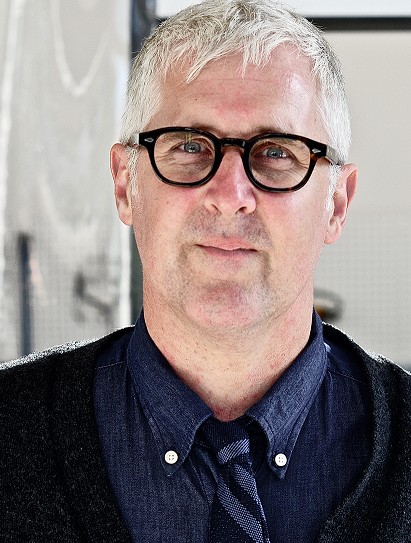James Freeman

James Freeman’s first memory of coffee comes from when he was 4 or 5, growing up in rural Humboldt County, Calif. His parents let him open a container of MJB Coffee. He remembers the whoosh as the air rushed from the vacuum-sealed can and the rich fragrance of the preground beans.
Four decades later, Mr. Freeman, 46, is founder and roaster in chief of Blue Bottle Coffee. Headquartered in Oakland, Calif., Blue Bottle has cafes in San Francisco’s Ferry Building, New York’s Rockefeller Center and, soon, on the High Line in New York, as well as seven other locations. It may be best known for the long lines of customers who wait for its individually brewed cups of coffee.
Mr. Freeman’s childhood encounters with coffee influenced his philosophy. In the recent book he co-wrote, “The Blue Bottle Craft of Coffee,” he recalls the gurgling of the coffee maker that his parents would program the night before, letting the water and ground coffee sit in the machine overnight. “As I got older,” he writes (completely in earnest), “I realized that it was the sound of coffee dying.”
In his first career, as a musician, coffee helped fuel his long-distance travel. For eight years, he played the clarinet with regional symphonies throughout Northern California, often driving hundreds of miles for a gig. At the tail end of the dot-com boom, he joined a music-based Internet startup and lost his job when the business was sold.
He then decided to turn a hobby into a business. As a musician, he had roasted coffee at home in his oven, experimenting with different beans and techniques. He even pitched his idea of a dog-powered, wood-fired backyard coffee roaster to the coffee broker who sold him his beans. The broker gently dissuaded him from that idea. Still, he continued on his quest to make delicious coffee, renting a potting shed in Oakland for $600 a month and driving to Idaho to visit the manufacturer of an industrial roaster. That began an intense period of experimentation.
He’s involved in every aspect of the business—from discovering a new supplier of biodynamic Brazilian beans on a trip last fall to Espiritu Santo to the roasting to the choice of paint colors for the company’s newest cafe (his current favorite is a grayish white called Benjamin Moore Dove Wing 960). Working with his hands was especially gratifying after his years of performing with orchestras and his brief stint in the digital music world. “Here it is so much more tactile,” he explains.
Mr. Freeman has been influenced by his many trips to Japan, which has a long tradition of hand-brewing coffee with scrupulous care. He makes pilgrimages to a cafe near Shibuya Station in Tokyo called Chatei Hatou, which brews individual cups of coffee for $15 apiece. Mr. Freeman describes them as “life-changing perfection.”
Connect with James Freeman on these sites:

